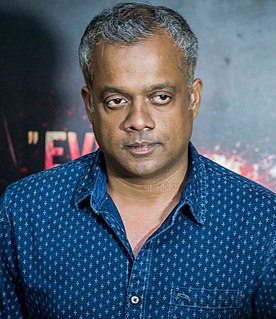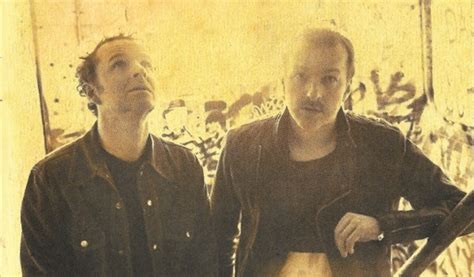A Quote by Joan Juliet Buck
I get very weird and defensive about what I'm working on - I wouldn't even tell my secretary what the next page of my novel was about.
Related Quotes
The more readings a novel has, even contradictory, the better. In journalism, you talk about what you know; you have provided yourself with records, you have gathered information, you have performed interviews. In a novel, you talk about what you don't know, because the novel comes from the unconscious. They are very different relationships with words and with the world. In journalism, you talk about trees; in the novel, you try to talk about the forest.
I'm working on a novel about a girl who grows up in the circus and her relationship with her father, who grew up in Hungary when it was under Soviet control and left during the 1956 revolution. It is told from both of their perspectives, and has been a joy (and very frustrating) to research and write. Needless to say, I am very excited about my next project!
I get very tense working, so I often have to get up and wander around the house. It is very bad on my stomach. I have to be mad to be working well anyway, and then I am mad about the way things are going on the page in addition. My ulcer flourishes and I have to chew lots of pills. When my work is going well, I am usually sort of sick.
The next phase and this is part of what I'm interested in doing after I get out of the presidency is to make sure that I'm working with that next generation so that they understand you can't just rely on inspiration. There's a little perspiration involved in bringing about change too. That you have to be organized, that you have to vote even when it's not exciting.
If someone does learn about the world from reading a novel of mine, that makes me very happy. It's probably not what brings me into the novel in the first place - I usually am pulled in by some big question about the world and human nature that I'm not going to resolve in the course of the novel. But I'm very devoted to getting my facts straight.
The average detective story is probably no worse than the average novel, but you never see the average novel. It doesn't get published. The average -- or only slightly above average -- detective story does.... Whereas the good novel is not at all the same kind of book as the bad novel. It is about entirely different things. But the good detective story and the bad detective story are about exactly the same things, and they are about them in very much the same way.






































